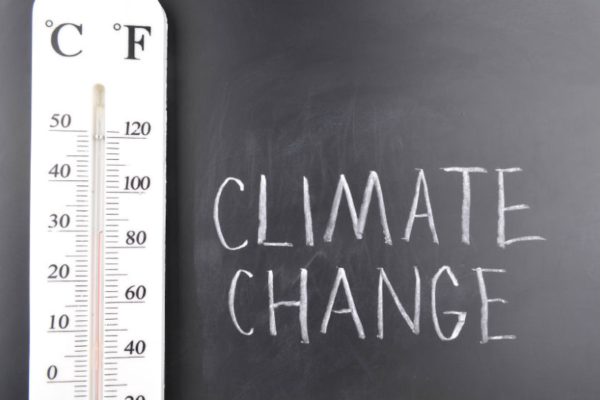Humans love to be right and hate being wrong. They go through life looking for evidence that what they already believe is correct and shunting to the side evidence that contradicts their current beliefs. In other words, humans are motivated reasoners.
This accounts, in part, for numerous recent proclamations made by some that human-made climate change caused Hurricane Harvey to become the hurricane to end all hurricanes. Wishing to convince climate change deniers, they have gleefully seized on Harvey as one very big data point to add to all the other data points that climate change is a thing.
There are two reasons this climate change talk is problematic. First, there is overwhelming scientific evidence that climate change is, in fact, a thing and that human activity is a meaningful driver of it. However, Harvey’s ferocity provides only mixed evidence to add to the existing case and that evidence will need to be studied carefully for some time before firm conclusions can be drawn.
More importantly, Harvey’s existence does not add weight to the argument for the more contested point that if there is climate change, it is significantly caused by humans. Therefore, Harvey should not be trumpeted as the final argument that should persuade climate change deniers to admit their error once and for all. If the existing scientific consensus and all the data that supports it are insufficient to change skeptics’ minds, Harvey is not going to do it either.
Reason number two: Labeling Harvey as a product of climate change is likely to reduce donations from the private sector that are needed to help Harvey’s victims. Why? It gets back to motivated reasoning.
In a recent study, psychologists at the University of Massachusetts Amherst had subjects read two versions of an article about a famine caused by an extreme drought.
One version attributed the drought to climate change; the other did not mention climate change. The subjects were then asked about justifications for or against providing aid and their attitudes toward the possibility of donating to help drought victims. Subjects who were skeptical of climate change came up with more reasons not to help the victims and had more negative attitudes toward donating to help them when the drought was attributed to climate change as compared with skeptics who read the same article but without mention of climate change. If the drought was attributed to climate change, which they did not believe in, climate change skeptics were less willing to help people who needed help.
This result was not a surprise, because an earlier study found that consumers who did not believe in climate change were less likely to buy energy-efficient light bulbs that would save them money if the bulbs’ package featured a sticker reading “Protect the Environment” than if it did not have that sticker.
Political ideology can create a world view that prevents people from aiding others who need help and from buying goods that would be economically beneficial to themselves just so they won’t be associated with a view they reject.
Motivated reasoning, motivated donating and motivated buying know no single party or point of view. Harvey’s victims in Texas and Louisiana need help. Private donations will be an important source. But Donald Trump won both states handily in 2016, and only 25 percent of his supporters think that climate change is caused by humans. Therefore, claims that Harvey provides the clinching evidence for the view that human activity causes climate change are not only unlikely to persuade skeptics, but also likely to reduce the amount of private aid given to help Harvey’s victims.
Robert Prentice is faculty director of the “Ethics Unwrapped” video project in the Center for Leadership & Ethics at UT Austin’s McCombs School of Business, and he is a member of the UT System Academy of Distinguished Teachers.
A verison of this op-ed appeared in the Austin American Statesman and the McAllen Monitor.
To view more op-eds from Texas Perspectives, click here.
Like us on Facebook.




